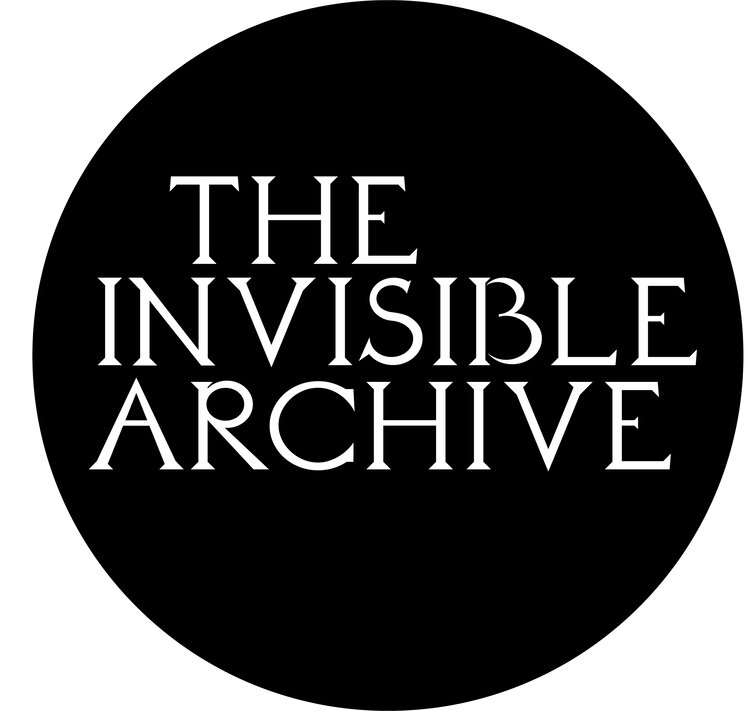The Invisible Archive: NODEUL SCHOOL for the disabled
WRITTEN BY PAOLO CAFFONI
Seoul volume, issue 1
—Review excert by Saverio Cantoni:
Paolo Caffoni recounts his experience on a site visit at the Nodeul School for the Disabled. The conversation with the disabled activists and students at Nodeul becomes an offer to the author to evaluate positionally and structures of power in language control and translation. The visit to the Nodeul School for the Disabled encompasses experiences of radical accessibility and the constant revolt against capitalistic equations between labor and production. Disabled life at Nodeul is political activism, a struggle against state oppression and control at many levels.
During Paolo Caffoni and Yon Natalie Mik’s conversation at Nodeul, they experience several crises of an ableist society where algorithms used to perform speech analysis fail their effectiveness, and time and labor refuse capitalistic equations towards production. Politics of care are the grounding values of the community.
Is Crip’s life revolutionary? This is a powerful question, and whether the author does not directly pose it is the only question I can take out after reading the text. And it is coming with nuances: why does capitalistic-centric society disable the disabled? Why do we have so little recognition of experiences where Crip leadership and self-organization are allowed and celebrated? Is it because there is a radical refusal of the equation labor-production? Does this refusal disempower the necrocapitalist dimension? Is Crip’s leadership necessarily abolitionist?
This text is a pleasure to read, simultaneously honest and sharp in offering a portrait that does not allow space for stereotypical representation of disabled activism. It is a needed paper. We need some billion pages of authors celebrating the radical existence of disabled life. Would this bend the Large Language Models? But if only one disabled voice fuck-up the most sophisticated algorithm of language analyses, what do we need? I appreciate the author’s intention of recounting a visit, allowing the first voices to guide across the text. Will the first voices have their own space for direct representation?
Saverio Cantoni (b. 1985, pronouns they/them) is a white-passing cyborg, disabled – oral Deaf – artist based in Berlin. Situating their practice in the sonic space, Saverio is working through the lenses of crip theory, queer theory, and disobedient archives, with the aim to destabilize existing power structures and to rethink the normative understanding of sensorial experiences. Saverio is actively participating in the Sickness Affinity Group (SAG), a group of art workers and activists who work on the topic of sickness/disability and/or are affected by sickness/disability.
About the author:
Paolo Caffoni is a research associate and PhD candidate at the AI Forensics research group at Karlsruhe University of Arts and Design. He is part of the editorial team of Umbau journal (umbau.hfg-karlsruhe.de). Caffoni studied Literature, Semiotics, and Curatorial Studies in Milan. He was a faculty member at the New Academy of Fine Arts Milan and was part of the curatorial team for the 2018 Yinchuan Biennale. From 2009 to 2021, he held the position of Publishing Editor at the Berlin-based publishing house Archive Books and co-directed the exhibition and public program at Archive Kabinett.
Caffoni's research focuses on the methodologies of Naoki Sakai and Antonio Gramsci, investigating practices of translation among different media. His dissertation, titled "A Pedagogy of Machines: Technology in Education and Universities in Translation," addresses how technology translates across social, economic, and cultural fields. The research attempts to reframe the impact of machine learning on education and the urgency of understanding how machines learn within a wider social framework, committed to articulating a pedagogy of machines.

